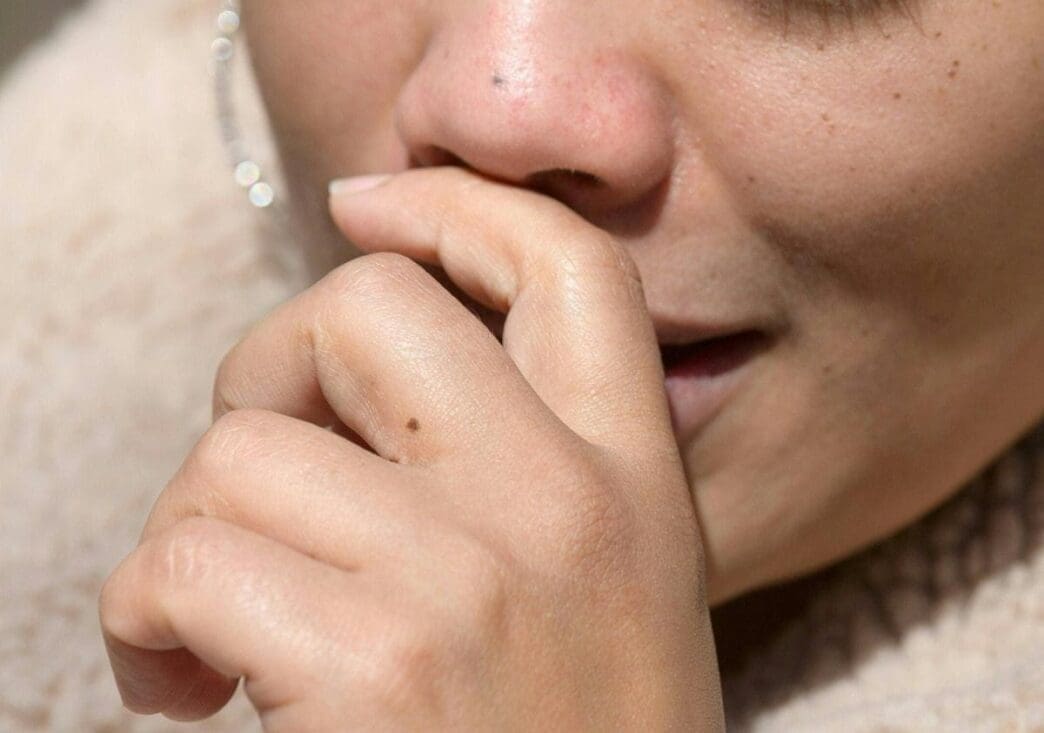Turns out, Grandma might have been onto something when she insisted that walking barefoot on a cold floor or braving the outdoors with wet hair would lead to a cold. While chilly temperatures alone aren’t the direct cause of a cold, they can indeed tweak conditions enough to make you more susceptible to catching one.
Turns out cold weather contributes in a roundabout way to the spread of viruses, especially during those chilly winter months. Though dropping temperatures won’t give you a cold, they can kick your immune system down a notch and make the air a friendly habitat for respiratory viruses.
Dr. Winston Rajendram from Northwestern Medicine chimes in, highlighting that the idea isn’t just an old wives’ tale. Cold, dry air is like a party invitation to viruses, making them more lively. Simply put, when it gets cold, viruses get more active. The usual holiday get-togethers become prime opportunities for these viruses to spread their wings.
Andrew Pekosz from Johns Hopkins explains that viruses, like those causing the common cold or COVID-19, ride on respiratory droplets when someone coughs or sneezes. In colder and drier settings, these droplets hang in the air longer than they would in more humid conditions, increasing transmission odds. Once these droplets land on surfaces, they create a wider infection window if you happen to touch these spots.
Humidity acts as a natural enemy to these viruses, making them cling to water molecules and drop out of the air, but only when levels are high enough. This is why even warmer, tropical regions are not immune; lower humidity can still allow these viruses to spread.
The body’s response to colder climates can also play a part. While our bodies are pretty good at adjusting to drops in temperature, our noses and upper respiratory tracts might not respond quickly enough, making it easier for viruses to take hold.
Meanwhile, during winter, we huddle indoors to escape the cold, often in close quarters with others, setting the stage for indoor virus blitzes. Andrew Pekosz notes that indoor air doesn’t circulate as swiftly as it does outside, keeping those pesky viruses around longer.
So, what can be done to fortify our defenses? Dr. Rajendram suggests catching up on vaccines with your healthcare provider’s advice. Vaccination remains a strong safeguard against severe respiratory infections. Everyone above six months is advised to get their flu shot, considering last year saw high rates of flu-related hospitalizations.
For COVID-19, there are updated vaccines available, and for the respiratory syncytial virus (RSV), vaccination is recommended for at-risk groups. Although no vaccine exists for the common cold, dressing warmly and wearing masks can help lower infection risks.
When it comes to hygiene, the usual suspects like avoiding face-touching, coughing into your elbow, and frequent hand-washing with soap and water are practical steps toward not falling prey to these viruses.
In essence, while stepping out into the cold won’t directly hand you a virus, it certainly sets the stage for them to spread more easily. By bolstering your immune defenses through vaccines and practicing good hygiene, you minimize the chances of viruses crashing your winter plans.
Source: Yahoo







